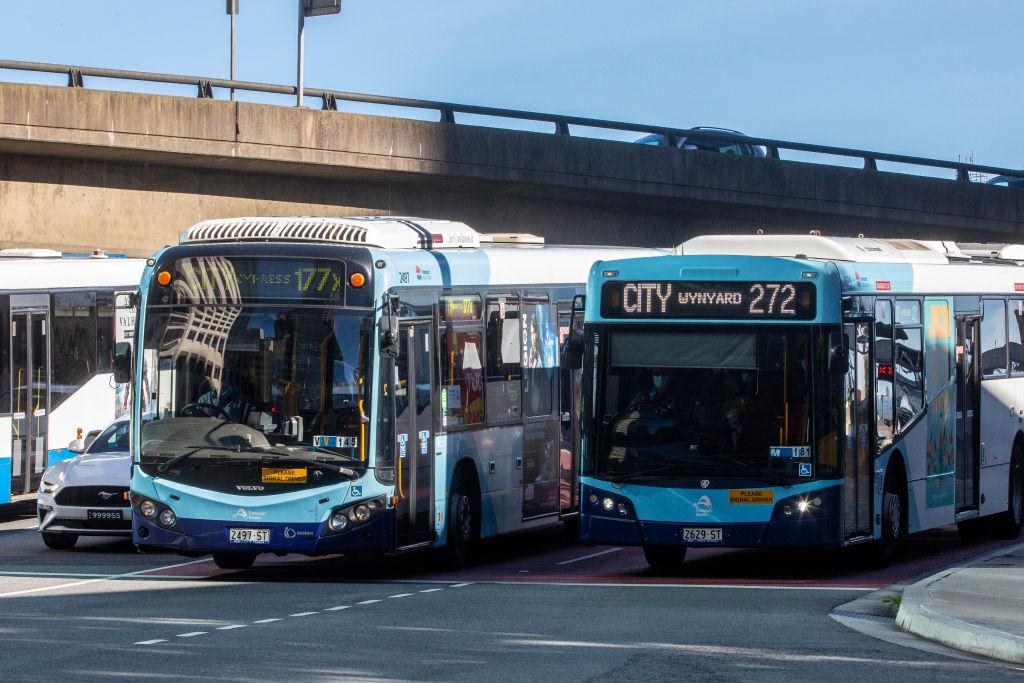The New South Wales (NSW) roads minister has welcomed a call for income-based road tolls and higher charges for those with good access to public transport who use their cars instead.
With the introduction of a per-kilometre road user charge, drivers would be encouraged to use their cars less, cutting down on traffic and emissions, a report by the Committee for Sydney has argued.





